With all of the stories out there of the millions of dollars you can make trading stocks, it begs the question: “How hard is trading stocks?”
After all, if there are untold millions of dollars to be made, maybe you’d like to take a swing at things?
And if that’s the case, then you’ve come to the right place…because I’ll be perfectly honest with you and tell you that “Yes, you can make millions of dollars trading stocks. In fact, thousands of people have done just that.”
But the other side of that coin is that it takes hard work and practice.
Now there are shortcuts that can get you to the point where you can make money trading stocks a lot faster that just hard work and patience (yes, you can work smarter and not just harder)…. but I’ll get to that in a bit.
How Hard is Trading Stocks? The Truth
As I mentioned before, the truth is that trading stocks involves a lot of hard work and practice, and to a lot of people this is hard.
The best illustrative example that I can give is that you need to think of trading stocks as if you were embarking on a new career and had to learn the trade or job from scratch.
And if that were the case, what would you do? How would you go about doing that?
If you decided to become a doctor, lawyer, coder… what would your first step be?
Would you sign up for courses online? Enroll in a program at university? Interview other people who were already working in that profession to see if it was a good fit?
Maybe you’d do all of those things.
But in order to learn the skills needed, you’d have to educate yourself and get some sort of formal training so that you’d be able to do the work at the end of it all.
And that’s where I suggest that you look at learning to trade stocks in the same way. It’s going to take you a number of years of practice before you will be seasoned enough to do the job well.
To a lot of people that’s really hard, and to be fair it is.
But I think the question is more, “Is learning to trade stocks worth the effort it takes to learn?”
So let’s list some of the benefits:
- You can work from anywhere in the world as long as you have an internet connection.
- You can decide how much and how often you work. Do you day trade and work only during trading hours? Do you swing trade and work less than that?
- You have the chance to earn as much money as you want as it’s easy to scale up your trades. If you were trying to grow a business it can be harder to scale and grow larger. The market might only be able to support so much of your product before it’s saturated. But when it comes to trading stocks, you can just buy or sell more of them. You don’t have to worry about it being over saturated as the market’s incredibly large.
Here are some of the cons:
- As mentioned before, it takes a lot of time and effort to practice until you become good enough to trade consistently.
- Depending on the style of trading you’re doing, you might need a lot of money to get started. For example, day trading requires a lot of money to trade with as you are making a large number of trades per day while trying to risk a small amount of your total trade account size. And in order to make enough money per trade to make it worth the time and effort off of the small price moves you’re trading, your position size per trade needs to be pretty large. For more information on starting as a day trader, I suggest you read this book.
- There can be a lot of ups and downs when trading. There will be a lot of emotional highs and lows when you trade. And it can happen daily. For some people this is incredibly stressful. But others find it exhilarating. You can avoid some emotional swings through proper money management and by developing a trader’s mindset but there will always be ups and downs – and probably more than if you had a regular job or business to run.
So there are a few of the pros and cons as far as how hard it is to trade stocks.
 At the beginning of the article, I mentioned that there are shortcuts that can help decrease your learning curve.
At the beginning of the article, I mentioned that there are shortcuts that can help decrease your learning curve.
The first trick is to sign up for a stock trading website that gives you trade alerts you can follow. This let’s you trade alongside someone who has more experience than you do. It gives you a great opportunity to get used to placing orders and understanding the market.
The specific service that you use will largely depend on the trading style you want to use as well as what type of trades you want to place.
If you have a small account and want to maximize the leverage you can get with the money you have available to trade, I suggest that you trade either options or (gasp) penny stocks.
Now, I don’t like trading penny stocks as they aren’t liquid and I hate the idea of getting trapped in a trade that I can’t get out of.
But, a lot of people have been able to trade penny stocks and make a lot of money doing it.
And if you’re looking for more of a day trade style then trading penny stocks might be something for you.
If you’re interested in getting started with something like that, I suggest you learn from the master here. He’s got a proven track record and has a great selection of learning material. And most of it comes with with the trade alerts that he sends out.
If trading options is more your style, I suggest you sign up for trade alerts through my membership site “The Empirical Collective.” Once inside, my team and I give out weekly trade updates using simple, directional options trades (IE no crazy complex strategies to learn). We limit the numbers of people on the inside (so registration could close at any time), but if there’s still room you can sign up here.
If you’re looking for more of an automated solution where you can have an artificial intelligence trading robot do all the trading for you, I suggest you look into this software here.
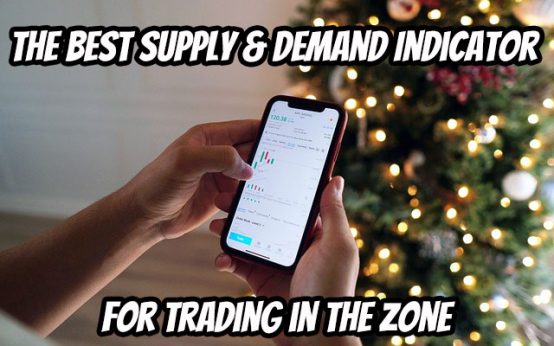 The Best Supply and Demand Indicator for Trading in the Zone
The Best Supply and Demand Indicator for Trading in the Zone 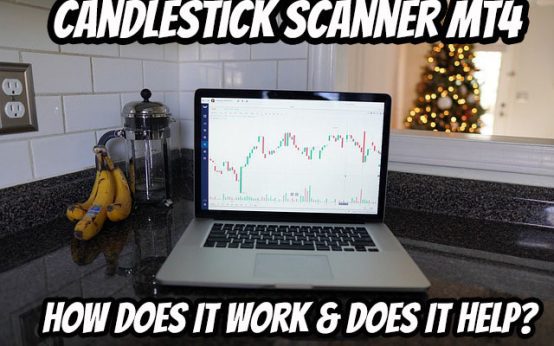 Candlestick Scanner MT4: How Does It Work & Does It Help?
Candlestick Scanner MT4: How Does It Work & Does It Help? 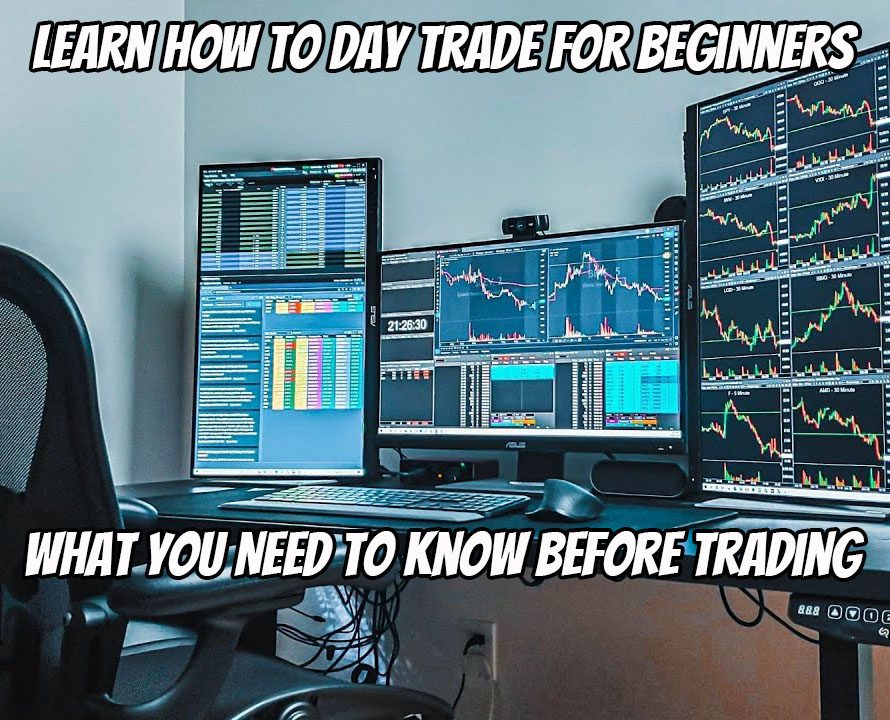 Learn How to Day Trade for Beginners – What You Need To Know Before Trading
Learn How to Day Trade for Beginners – What You Need To Know Before Trading 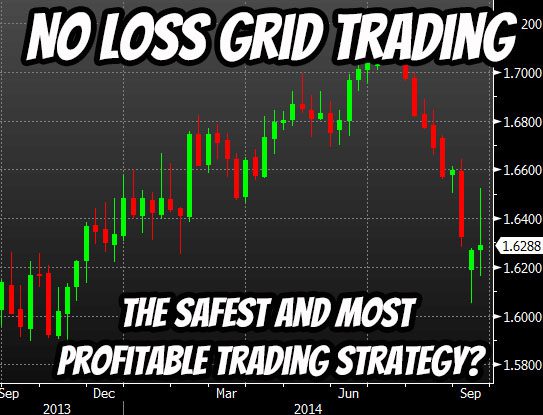 No Loss Grid Trading – The Safest and Most Profitable Trading Strategy?
No Loss Grid Trading – The Safest and Most Profitable Trading Strategy? 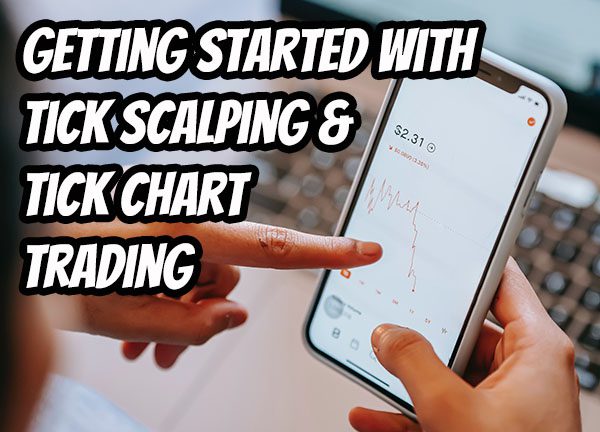 Getting Started With Tick Scalping & Tick Chart Trading
Getting Started With Tick Scalping & Tick Chart Trading  Shark Fin Trading Indicator: Here’s How to Discover This Harmonic Trading Pattern
Shark Fin Trading Indicator: Here’s How to Discover This Harmonic Trading Pattern